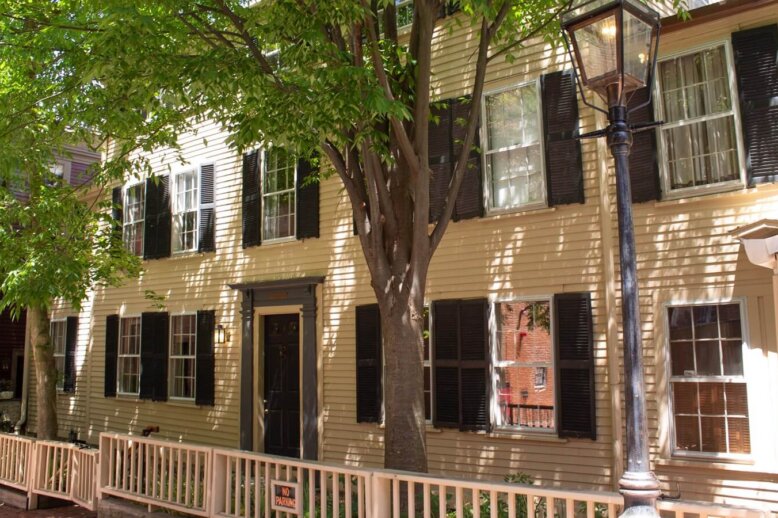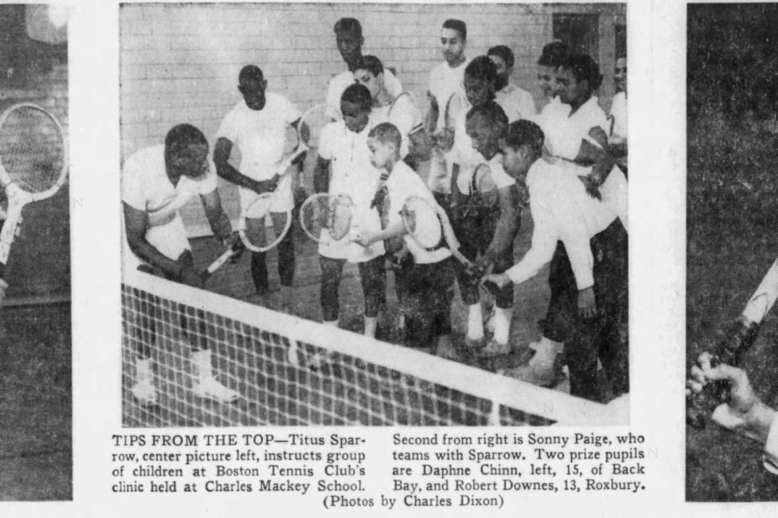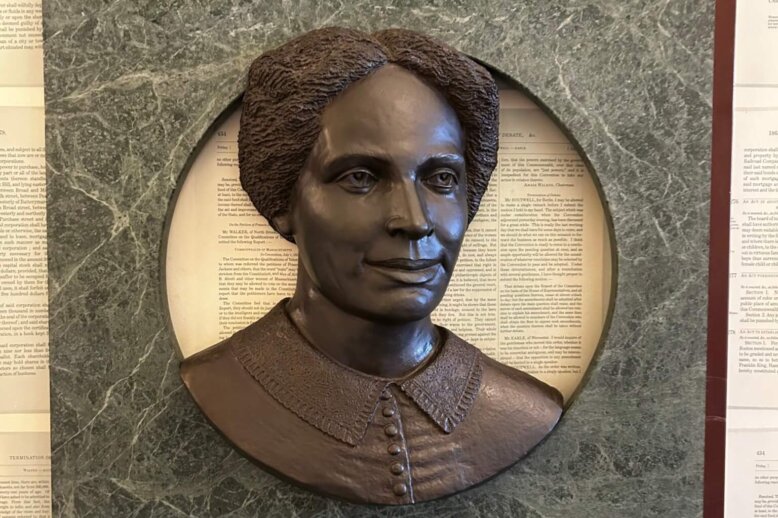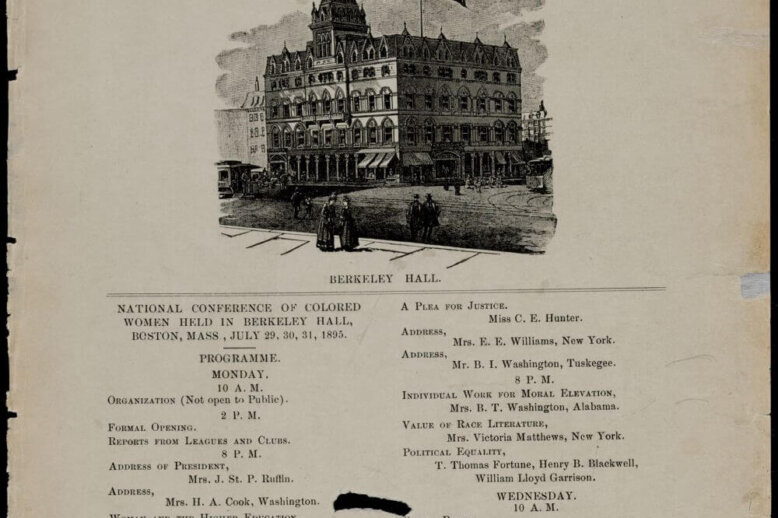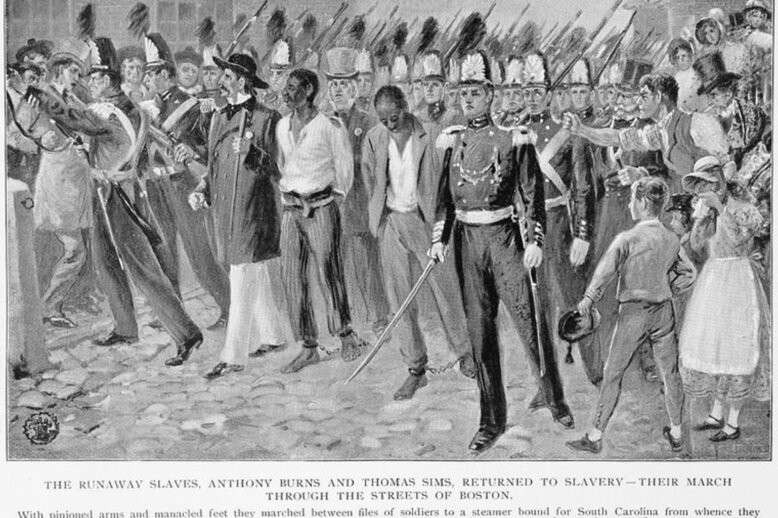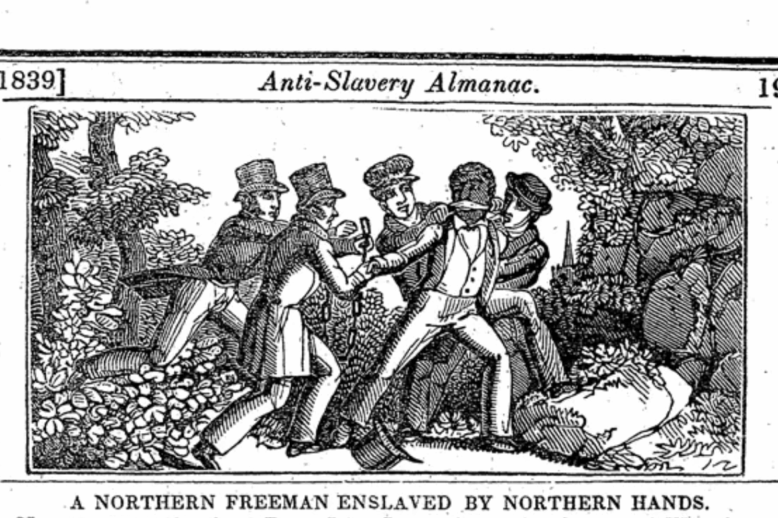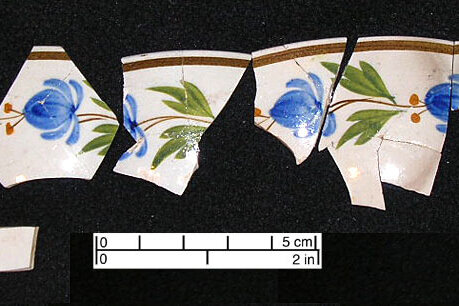Topic: African Americans
Black West Enders, other Black Americans
Soothing the City with Soul: How James Brown Saved Boston While the rest of the country erupted in grief fueled riots in the days after the death of Martin Luther King Jr., Boston was quiet. The “Number One Soul Brother” James Brown had an almost sold out performance scheduled in the Boston Garden. Should it…
The Yellow House at 3 Smith Court One of the few remaining wooden structures on Beacon Hill, the long and narrow house at 3 Smith Court now stands opposite to the Museum of African American History. Over two centuries, the house has been the home to titans of the abolition movement and witnessed a constantly…
Titus Sparrow: The Tennis Ace who Brought Courts Back to Boston Renowned tennis player and Boston native, Titus Sparrow (1908-1974), recognized that a city owed its residents more than just roads and bridges. During a long career in which he taught hundreds of young tennis players, Sparrow advocated for public tennis courts for all neighborhoods.…
“The Opera Ejection Case”: Sarah Parker Remond, The Old Howard, and Segregation in Antebellum Boston When abolitionist and early civil rights advocate Sarah Parker Remond (1824-1894) was kicked out of an opera at the Howard Athenaeum due to her race, she went to the courts seeking justice. Her case brought issues of segregation and discrimination…
For Her Race or Her Sex? Josephine St. Pierre Ruffin, Women’s Suffrage, and Civil Rights Josephine St. Pierre Ruffin (1842 – 1924) was involved in the abolitionist cause, women’s suffrage, and the fight for equal rights for Black Americans. But due to the shifting politics of the women’s movement, Ruffin and other Black suffragists faced…
The Fugitive Slave Laws in Boston: Part 2, 1850–1855 This article, part 2 in a series on fugitive slaves in Boston, explores the new legislation passed during the lead up to the Civil War which expanded the reach of the fugitive slave law, and the reactions of Bostonians to slave catchers targeting residents. Part 2…
This article, part 1 in a two-part series, explores the documentary history of the legalization of slavery in the United States, and the creation of federal laws prioritizing the rights of slaveholders over basic human rights. Part 1 surveys Massachusetts’ legalization of slavery in 1641; its abolishment of slavery in 1783; the Fugitive Slave Act of 1793; and how abolitionist organizations in Boston defied the Fugitive Slave Laws in order to help escaped enslaved people defend their freedom.
Domingo Williams was an attendant and caterer who lived with his family in an apartment in the African Meeting House from 1819 to 1830. A 2005 archaeological dig behind the African Meeting House, in conjunction with mentions of Williams in local and national newspapers, help to illuminate Williams’ prosperous catering career, his activist involvement in Boston’s Black community, and his time living in one of the city’s most important Black social-religious centers.



